Research on the Optimization Model of Octane Loss Based on Genetic Algorithm
DOI: 10.23977/jmpd.2022.060107 | Downloads: 11 | Views: 1621
Author(s)
Jinghua Zhang 1
Affiliation(s)
1 School of Automation, Southeast University, Nanjing, 210018, China
Corresponding Author
Jinghua ZhangABSTRACT
This paper develops an optimisation model for octane loss under the constraints of genetic algorithm based desulphurisation. A model on product sulphur content is established, five main variables for modelling product sulphur content are selected based on the process related to product sulphur content in the gasoline refining process, containing three operational variables and two non-operational variables, and LSSVM is used to build the model for product sulphur content. Based on the optimization model, the optimized operating conditions for the main variables were obtained, with a view to providing some reference for other enterprises in the industry and providing some social research significance and value for gasoline clean-up.
KEYWORDS
Octane loss, LSSVM, genetic algorithm, optimisation modelCITE THIS PAPER
Jinghua Zhang, Research on the Optimization Model of Octane Loss Based on Genetic Algorithm. Journal of Materials, Processing and Design (2022) Vol. 6: 28-36. DOI: http://dx.doi.org/10.23977/jmpd.2022.060107.
REFERENCES
[1] Bao Liu, Weiqi Ni. Analysis of factors influencing octane loss of gasoline in S Zorb unit[J]. Qilu Petrochemical, 2019, 47(02):102-104+124.
[2] Hongtao Li, Wenping Wei, Guoquan Jiang, Rongbin Zhao,Liankun Feng. Balance between gasoline hydrodesulfurization and octane loss[J]. Petrochemical Technology and Applications, 2017, 35(04):326-328.
[3] Zongxuan Li. An analysis of methods to control octane loss in gasoline hydrodesulfurization[J]. Chemical Management, 2020(06):148-149.
[4] Afshin Tatar, Ali Barati, Adel Najafi, Amir H. Mohammadi. Radial basis function (RBF) network for modeling gasoline properties[J]. Petroleum Science and Technology, 2019, 37(11).
[5] Yueqing Li, Siyi Jin, Shaohui Tao, Ning Li. Least squares support vector machine for soft measurement of gasoline dry points in atmospheric pressure towers[J]. Computers and Applied Chemistry, 2008(08):928-930.
[6] Chao Li, Jie Wang, Yuntao Shi, Jinlong Li. Genetic algorithm-based gasoline blending optimization system[J]. Industrial Control Computer, 2018, 31(10):79-81.
[7] Feleke Bayu, Debashish Panda, Munawar A. Shaik, Manojkumar Ramteke. Scheduling of gasoline blending and distribution using graphical genetic algorithm[J]. Computers and Chemical Engineering, 2020, 133.
| Downloads: | 4273 |
|---|---|
| Visits: | 281603 |
Sponsors, Associates, and Links
-
Forging and Forming
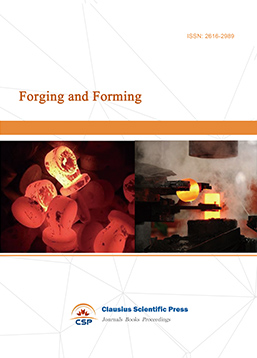
-
Composites and Nano Engineering
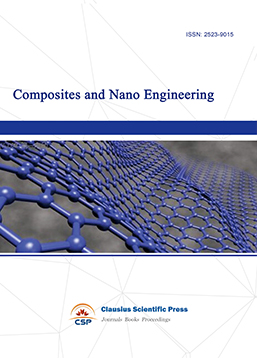
-
Metallic foams
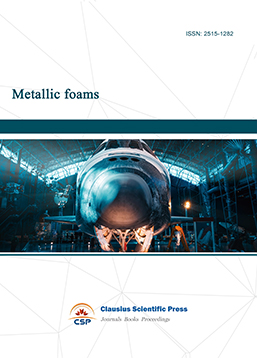
-
Smart Structures, Materials and Systems
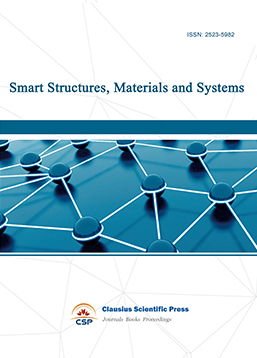
-
Chemistry and Physics of Polymers
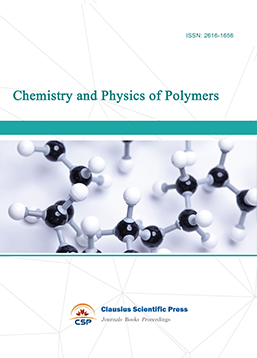
-
Analytical Chemistry: A Journal
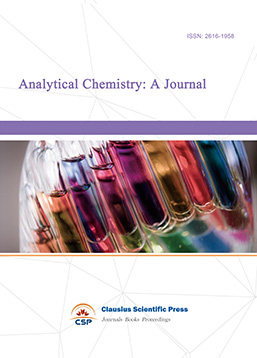
-
Modern Physical Chemistry Research
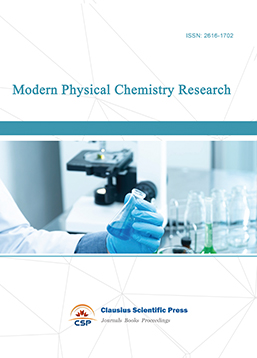
-
Inorganic Chemistry: A Journal
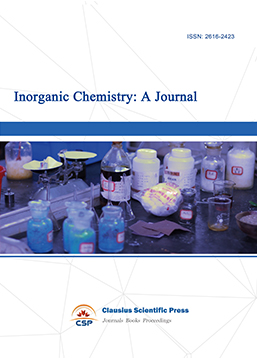
-
Organic Chemistry: A Journal
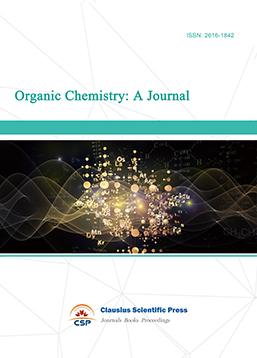
-
Progress in Materials Chemistry and Physics
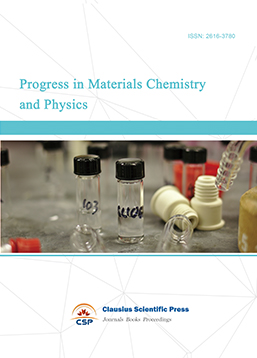
-
Transactions on Industrial Catalysis
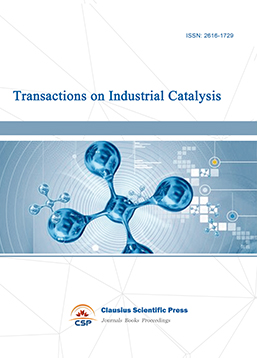
-
Fuels and Combustion
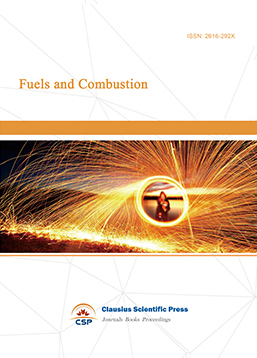
-
Casting, Welding and Solidification
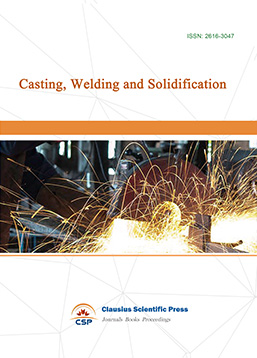
-
Journal of Membrane Technology
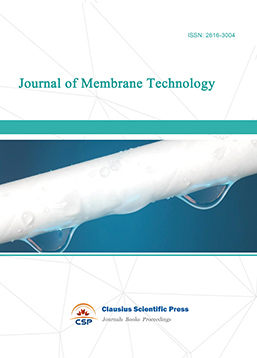
-
Journal of Heat Treatment and Surface Engineering
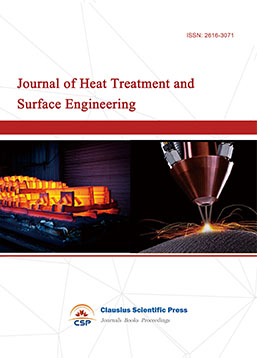
-
Trends in Biochemical Engineering
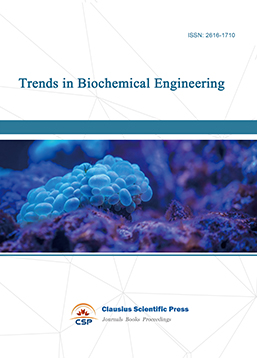
-
Ceramic and Glass Technology
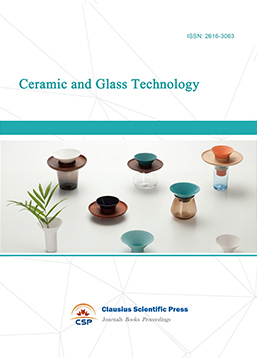
-
Transactions on Metals and Alloys
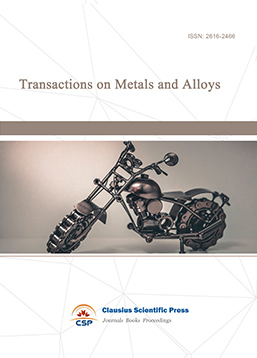
-
High Performance Structures and Materials
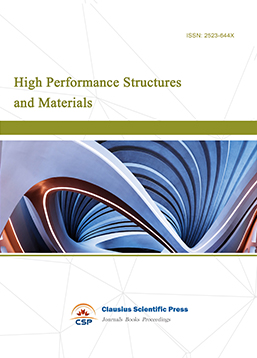
-
Rheology Letters
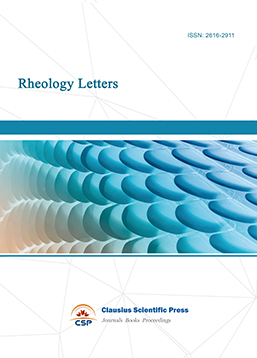
-
Plasticity Frontiers
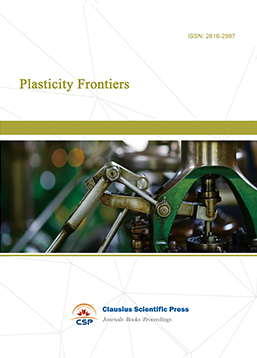
-
Corrosion and Wear of Materials
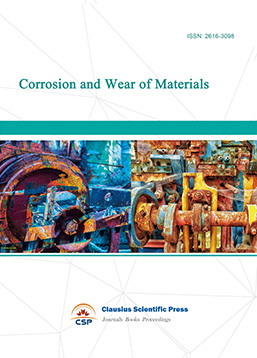
-
Fluids, Heat and Mass Transfer
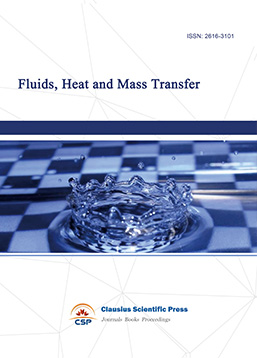
-
International Journal of Geochemistry
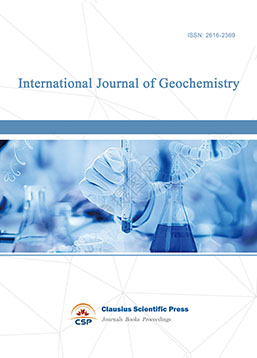
-
Diamond and Carbon Materials
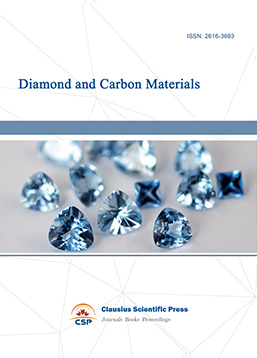
-
Advances in Magnetism and Magnetic Materials
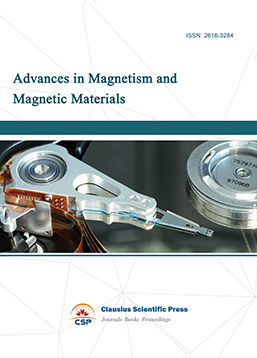
-
Advances in Fuel Cell
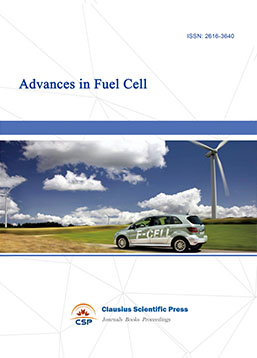
-
Journal of Biomaterials and Biomechanics
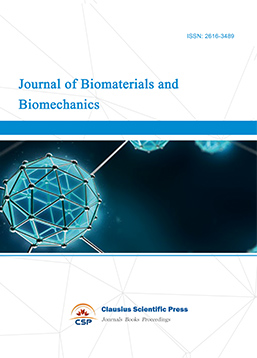

 Download as PDF
Download as PDF